https://www.lifegate.it/clausole-specchio-unione-europea
- |
- In the absence of mirror clauses, foods imported into the European Union do not have to comply with the same production standards as European ones.
- According to Slow Food Italia, it is a contradiction that hinders the European and global agroecological transition.
- This is why the association is calling for mirror measures that protect farmers and consumers, in Europe and in non-EU countries.
In the commercial exchange of food products betweenEuropean Union and i non-EU countries they are needed “mirror clauses” that guarantee the principle of reciprocity:he asks Slow Food Italy that long and in depth document explains in detail the problems linked to food imports, the difficulties of farmers, the urgent need to change agriculture.The report is part of the manifesto for the EU elections which the association will send to the European candidates, but also to the governors of the Italian territories with which it works, in the belief that there are questions of principle that can also be applied at a local level.
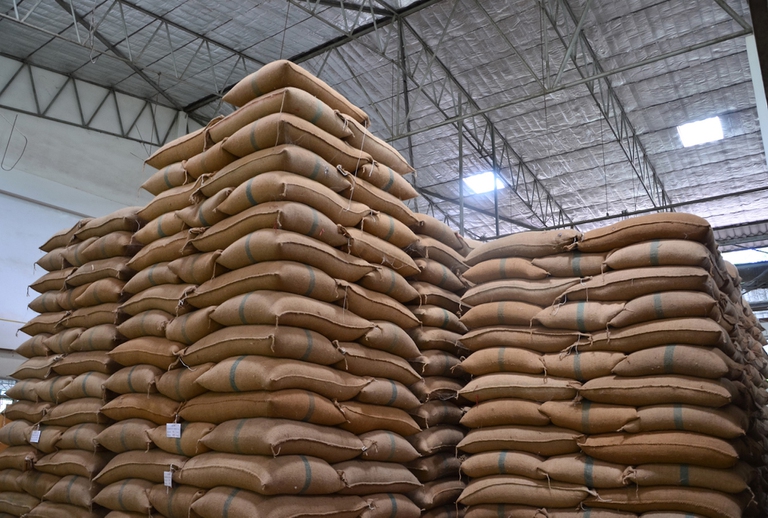
“The Europe we want is a Europe that is attentive to what it puts on the table, because this has many repercussions on soil fertility, on natural resources, on the environmental and climate crisis, on economic and social issues and this is not limited only to imported products,” he explains Serena Milan, director of Slow Food Italy.“This is why Slow Food Italia has developed a manifesto, divided into 12 points, which contains our idea of food and the food and agricultural policies to be adopted”.
Mirror clauses for foods imported into the European Union, Slow Food Italia:“Indispensable to implement the agroecological transition”
Returning specifically to the mirror clauses, the crux of the issue is that, while the agri-food production of the European Union must respect certain quality standards aimed at guaranteeing the food safety, the environmental protection, i social rights, The animal welfare, the same is not required of foods imported from non-EU countries for which they exist, as regards for example the residues of pesticides, of the tolerance limits.A contradiction which, according to Slow Food Italia, can no longer be ignored.In fact, double standards do not allow us to maintain the commitments that the European Union has undertaken with the Green deal and hinder the process globally ecological transition towards him sustainable development goals of theAgenda 2030;furthermore, they generate a distortion of competition to the detriment of European farmers, contributing to the discomfort manifested with the recent ones tractor protests throughout Europe. The European Union's trade policy in the food sector cannot retreat from sustainability strategies, on the contrary it must support farmers in identifying themselves with this green pact.
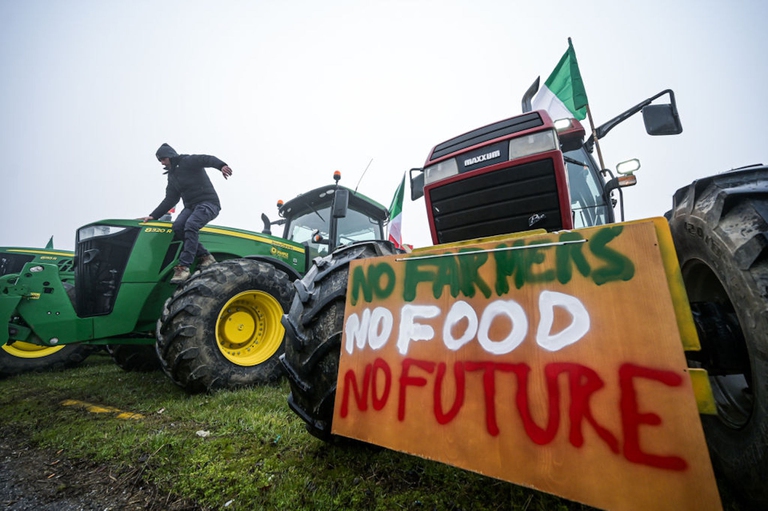
“The adoption of mirror clauses is a question of transparency for consumers and a guarantee from several points of view” he specifies Milan.“From an economic point of view, we are faced with a form of unfair competition:foods imported into the EU often do not respect the same - more stringent - rules observed by European producers.We are talking about rules that have important effects on the health of humans, animals, plants and the environment:they concern, for example, genetically modified varieties, the use of pesticides in the fields, the administration of antibiotics and hormones on farms.Sacrosanct limitations, but which incomprehensibly today the EU only applies to internal producers and not to imported food".
Beef, soy, rice:the difference between European and non-EU production
To highlight the existing discrepancies between foods produced in the European Union and those imported from third countries, Slow Food Italia has analysed three production chains:that of beefa, that of soy and that of rice.
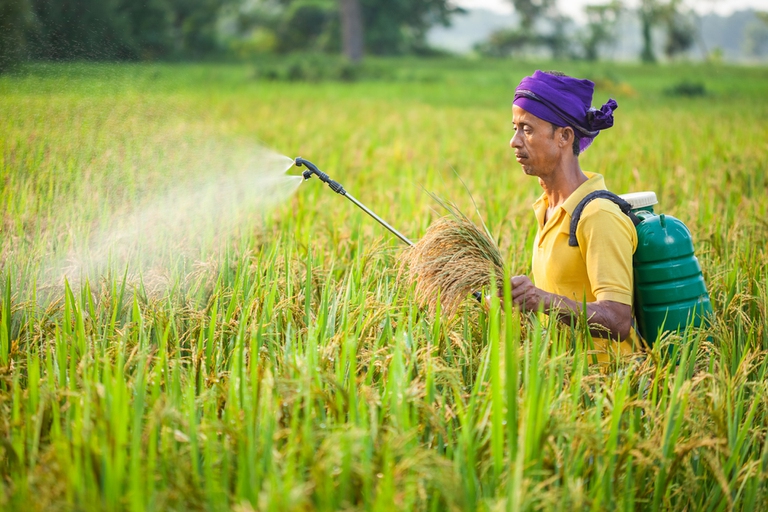
In the case of beef the one produced in the European Union and the one produced in are compared Brazil, among the main producers worldwide.While for European beef the traceability from birth to slaughter of the animal and they are expected animal welfare standards, in Brazil these two aspects are not regulated.Furthermore, they are used in Brazilian breeding hormones e antibiotics for growth and meat and bone meals from ruminants in animal feed which are prohibited in the European Union.
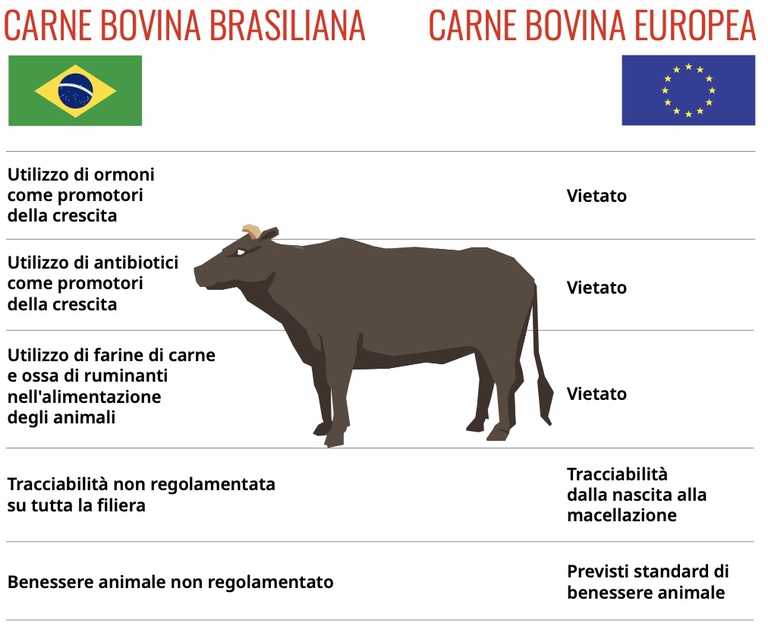
Even in the case of soy, the comparison is with Brazil and mainly concerns gmo And pesticides authorized in Brazilian production and banned in the European Union.Italy banned GMOs in 2015, together with 17 other EU governments, while in the remaining European countries, prior authorization is required for GMOs, including a risk assessment. On the other hand, the 77 percent of the soy produced in the world is genetically modified – with peaks of approximately 94 percent of soybeans grown in the United States and 97 percent of those grown in Brazil.Since it is about soy mostly intended for animal feed, here is the problem:GMOs still end up on Europeans' plates, in a hidden way through animal products (meat, milk, eggs, cheese), because it is not mandatory to indicate on the label of these foods if the animals were fed GMO soy.
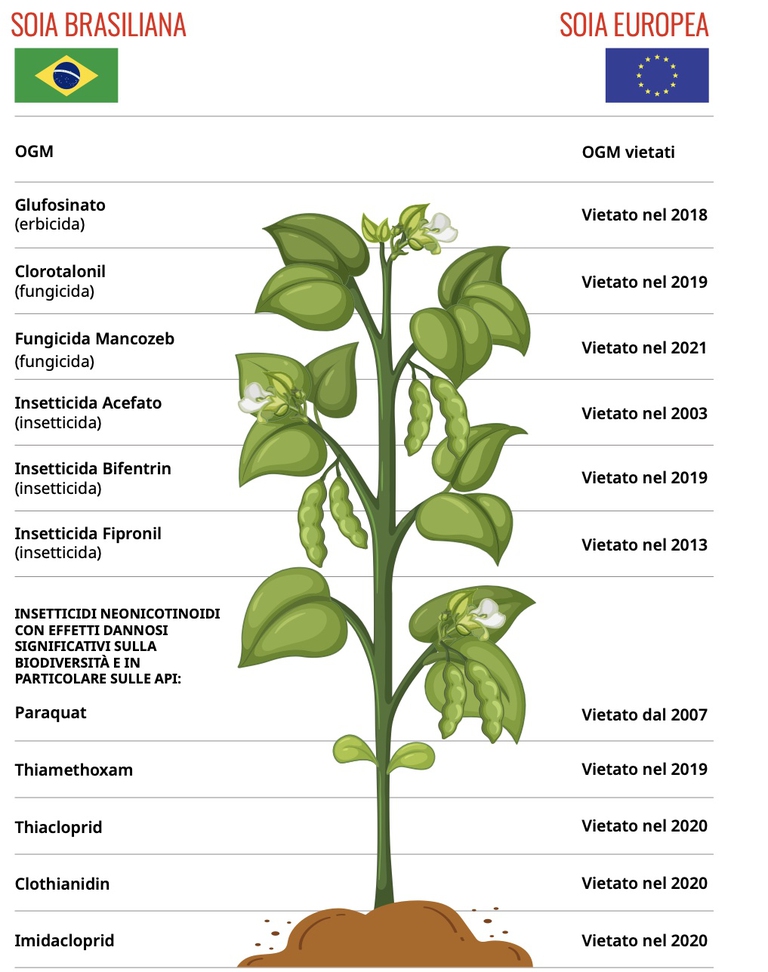
The use of GMO soya is closely related to glyphosate, a herbicide classified as potentially carcinogenic by the Iarc:currently the maximum residue limit of glyphosate for imported soybeans it is 20 ppm, i.e 200 times higher than that allowed for many other crops.Brazil also uses many plant protection products banned in the European Union:in particular, a third of the active substances authorized in Brazil are banned in the EU.And the most pesticide-intensive crop in Brazil is precisely there soy, That absorbs 52 percent of pesticides.
Also on the rice the central question is that of agrotoxic and it emerges clearly when comparing European rice with Indian rice.There are 195 plant protection molecules banned in the EU, while in India - which covers 80 percent of global rice production - only 56.In addition to numerous pesticides banned in the European Union and used, however, in Indian production, there are also four molecules authorized in India which are unknown in Europe and on which, for this reason, there are no maximum residue limits or controls.
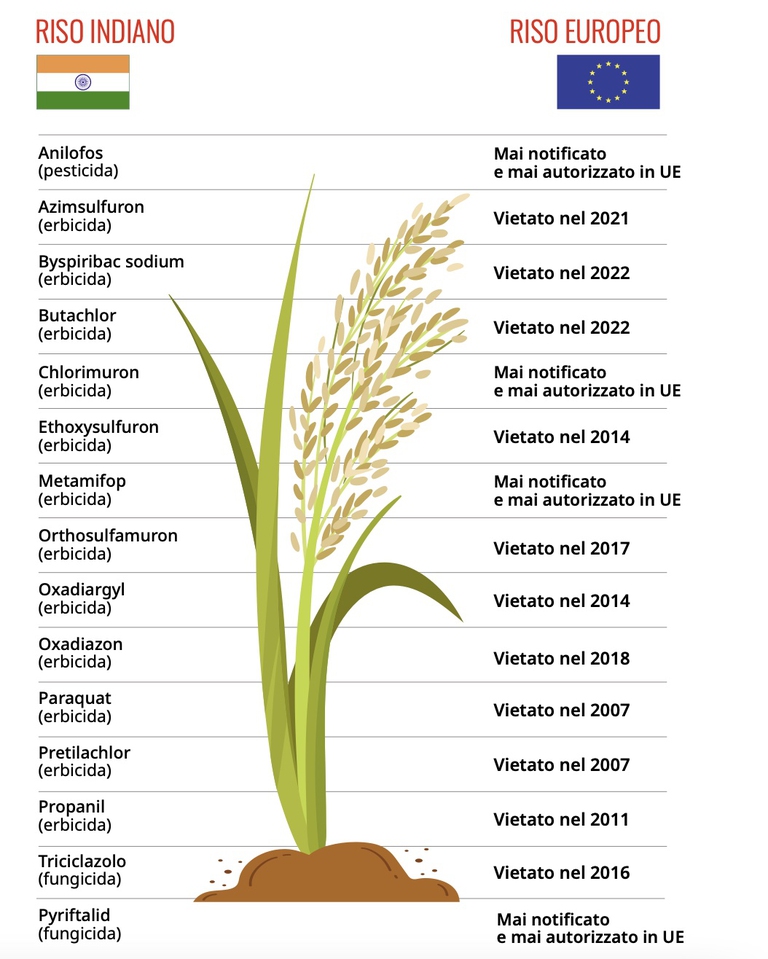
The mirror clauses and other requests from Slow Food Italia
In detail, Slow Food Italia's requests to the European Union regarding food imported from non-EU countries are those of put an end to double standards by adopting mirror measures, on all phases of the supply chain, and to apply the same to imported products security measures which apply to those produced in the EU.
For the association it is also necessary rethink the approach with which maximum residue limits are established for products grown with dangerous substances, also establishing a system of evaluation, monitoring and sanctions.Waiting for the actual introduction of mirror clauses valid on all European trade agreements, for Slow Food Italia it is necessary to refuse ratification of those that do not contain them.
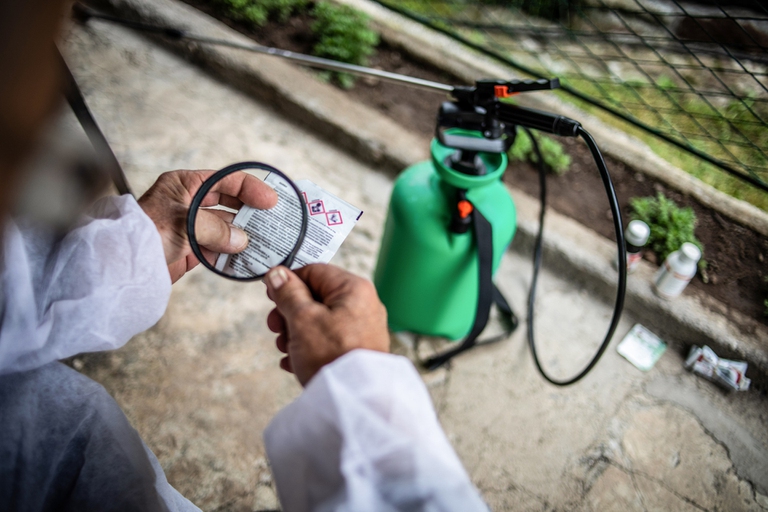
A transition to be made with third countries, not at their expense
Added to this is the request for prevent European countries from producing agrotoxic chemicals for export to third countries that are banned in Europe, so as not to contribute to the damage to public health and the environment in those countries and not to create the conditions for a conflict of interest within the EU Member States who will have to vote against raising the tolerance thresholds for residues in imported agri-food products.
Slow Food Italia also asks for avoid any form of colonial appropriation of the global South by industrialized countriesi, such as the externalization of the negative effects of agro-industrial systems that work for the European market or the exploitation of natural resources in third countries, and of take into account the connections between the precautionary principle and the fundamental right to life of all people:those who live in third countries, whose lives are threatened by toxic production, and those who live in Europe, subject to contamination by residues in imported products and who see also denied their right to information given the gaps in the matter traceability and of labelling for imported products.
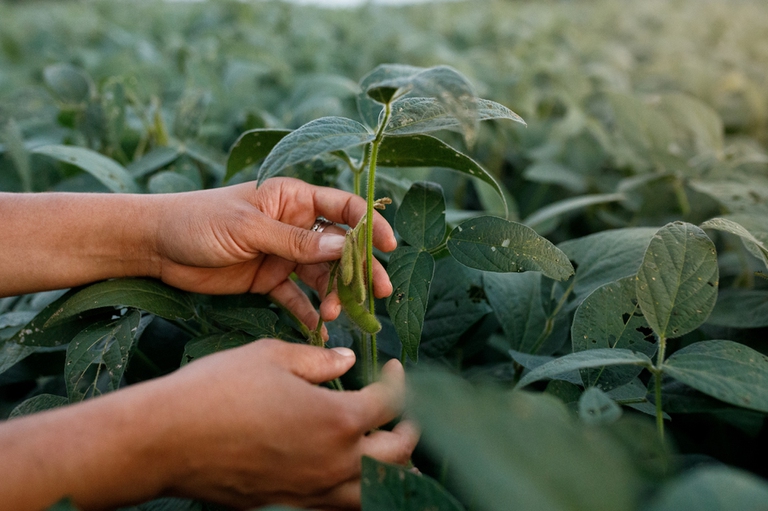
Slow Food Italia underlines that it is essential to achieve these objectives assist farmers in the global South in this transition process and put systems in place to enable their countries to meet the highest standards, transitioning to agroecological food systems.
“Another agriculture is possible”
A different agriculture is possible, Slow Food Italia loudly declares, as demonstrated by the data of the yearorganic farming, of which Italy is among the world leaders with 18.7 percent of the used agricultural area certified.However, it must be guaranteed fair prices to farmers, reward those who produce healthy foods in compliance with soil, regulate competition between local and imported products, support companies so that they can change their production model, moving from intensive monocultures to agroecological practices, that is, in harmony with ecological processes, sustainable, respectful of biodiversity.In a word, we must promote the development of sustainable food systems.And this not only in the European Union, but everywhere in the world.
